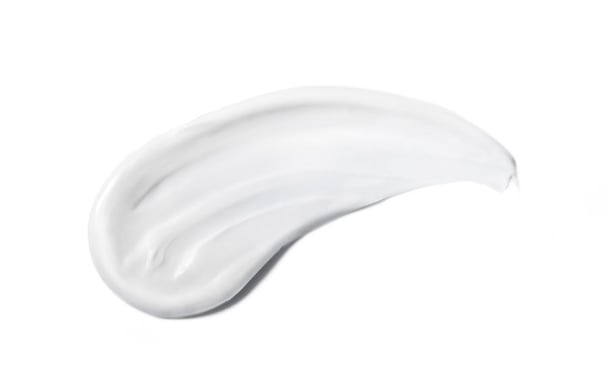Itchy skin rashes may develop as a reaction to drugs, various foods, insect bites or materials the skin comes in contact with. There are also other factors that may cause itchy skin rashes including infectious agents, sun exposure, stress or certain autoimmune diseases. There are various ways these rashes can be treated, depending on what causes the reaction. There are both topical and internal medical treatments to eliminate itchy skin rashes.
1. Hydrocortisone Cream
A hydrocortisone cream is a topical treatment that is effective in reducing itchiness and eliminates the rashes. The cream can be obtained without prescription, but should be applied with caution, as the cream used in excess can cause additional skin problems.
The cream should be applied at least twice a day, and the rashes should be milder only a few hours after applying the cream. However, the treatment may be continued for the following 3 to 4 days, until the rashes are no longer visible.
2. Anti Itch Creams
There are also a number of over the counter anti itch creams that can be used. These creams may contain ingredients such as:
- Pramoxine
- Diphenhydramine (i.e. Benadryl)
- Camphor
- Menthol, which all have soothing effects
3. Antihistamines
Antihistamines are an effective medication treatment used for itchy skin rashes caused by allergies. The allergens that irritate the patient will be identified as threats by the immune system and the body will form histamines. The histamines will be responsible for the symptoms of allergies, including the itchy skin rashes.
The antihistamines will prevent the histamines from forming. Commonly used antihistamines used for itchy skin rashes include:
- Diphenhydramine or Benadryl
- Chlorpheniramine or Chlor Trimeton
- Loratadine, marketed as Claritin
- Cetirine or Zyrtec
4. Hydrogen Peroxide
Hydrogen peroxide can be used to reduce itchiness and skin rashes. A concentrated solution of 2 to 3% is recommended. A higher concentration can cause skin discoloration and major discomfort.
5. Vitamins and Supplements
Itchy skin rashes can be caused by dry skin, which can be controlled by adding a few vitamins and supplements to the diet. Omega 3 fatty acids are particularly effective in eliminating dry skin.
Smallpox Vaccination and Itchy Skin Rashes
When the patient has an itchy skin rash, the vaccination against smallpox shouldn’t be used, as this can aggravate the condition. A condition known as eczema vaccinatum can occur and this may be fatal. This occurs if the smallpox virus spreads on the skin.
Some itchy skin rashes may resolve without treatment, but the patient should monitor the evolution of the skin and try to identify the triggering factor of the rashes, so that these can be avoided in the future. Moisturizing lotions are also essential when having itchy skin rashes. These creams should contain soothing agents and should be free from chemicals that may cause additional irritation.



